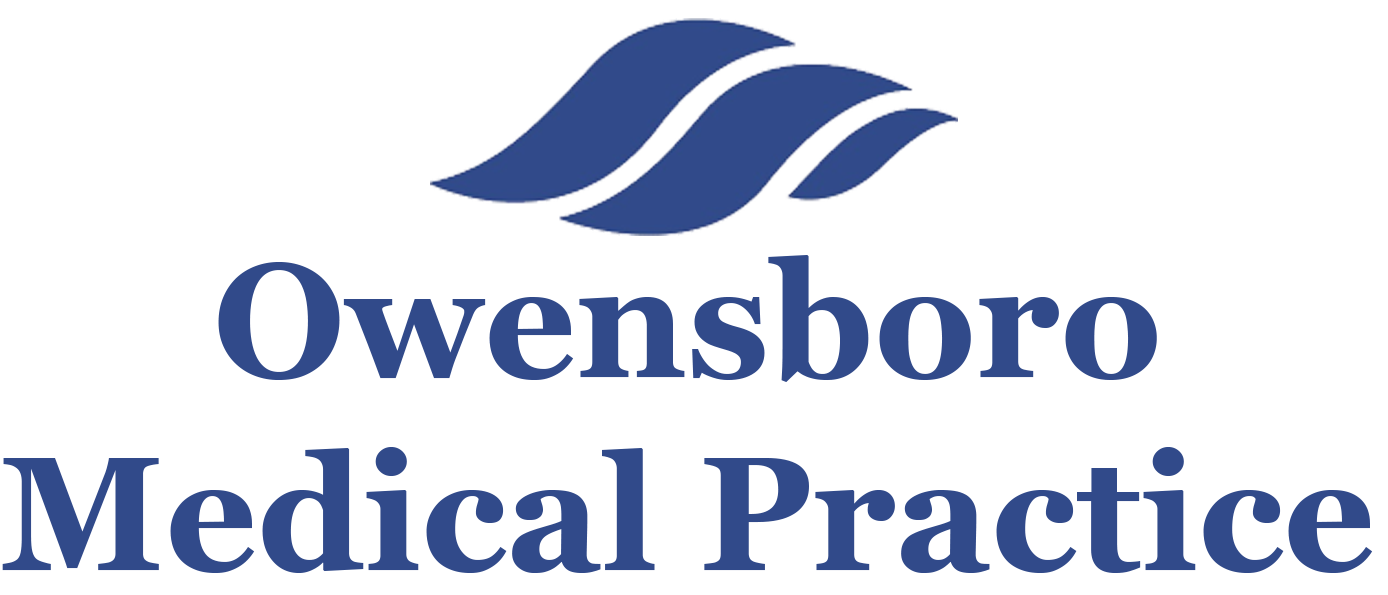Home Sleep Testing (HST)
Owensboro Advanced Sleep Center is pleased to offer home sleep testing (HST) for the diagnosis of obstructive sleep apnea (OSA).
What is Home Sleep Testing (HST)?
- HST refers to testing for obstructive sleep apnea (OSA) outside the sleep laboratory, usually in the comfort of your own home. The truth is that many people are hesitant to undergo sleep testing in the laboratory due to the inconvenience, expense, or reluctance to spend the night in a strange place.
What are the advantages of HST?
- The standard for several decades has been to confirm the diagnosis of obstructive sleep apnea (OSA) with an in-laboratory sleep test, or polysomnography (PSG), attended by technical staff. This procedure is very accurate with a low failure rate, but is expensive and technically complex.
- HST is less expensive and can be nearly as accurate as the in-laboratory PSG in selected cases.
- In 2007, the American Academy of Sleep Medicine (AASM) published clinical guidelines endorsing HST in selected circumstances.
Who should undergo HST?
- HST is useful in the diagnosis of obstructive sleep apnea (OSA) in the “uncomplicated” patient who has a high probability of moderate to severe OSA.
- Not everyone with suspected OSA is a good candidate for HST.
- Those with heart failure, serious lung disease, neuromuscular disorders, or certain other sleep disorders are best studied with a polysomnography (PSG) in the sleep lab.
- Several other exclusions to HST exist, which is why an evaluation by the sleep medicine specialist at Owensboro Advanced Sleep Center is required prior to performing the HST.
- Per the recommendations of the American Academy of Sleep Medicine, HST should only be performed after a comprehensive sleep medicine evaluation by a sleep medicine specialist.
- HST is not appropriate for pediatric patients, or for the evaluation of sleep disorders besides OSA.
What happens during the sleep medicine consultation visit?
- Dr. Robert Pope, our sleep medicine specialist will perform a comprehensive history and physical examination with a focus on all types of sleep disorders including OSA. We ask that you bring the completed four-page New Patient Questionnaire with you to the appointment. This questionnaire usually takes a patient about 30-45 minutes to complete and helps organize critical information needed for review by Dr. Pope. We encourage you to ask your bed partner, family members or others who have observed you sleeping to assist you in answering some of the questions. If indicated, a HST will be arranged at the end of the visit.
What is the actual process for the HST?
- The patient meets with a member of our clinic staff, usually in the afternoon, for instructions on the hook-up of the equipment. The equipment is returned the next morning. If problems arise during the night, you can call the Owensboro Advanced Sleep Center at (270) 687-9000 and speak directly with one of our technologists. There is also an instructional video online (see the “Resources Box” in the online video) showing the hook-up process.
Is HST covered by medical insurance?
- Most medical insurance policies cover HST. Our office will obtain the prior authorization for the home testing.
What happens if I’m not a good candidate for HST?
- Some patients are best studied using the traditional polysomnography in the Sleep Lab, and this will be discussed in detail during the consultation visit.
How do I get the results of the HST, and what about treatment?
- All sleep studies are first “scored” by one of our registered polysomnography technologists, and the “raw data” is then reviewed by the sleep medicine specialist prior to the generation of a final report. Our staff will contact you to discuss the results.
- Treatment options are typically discussed during your initial sleep medicine consultation visit. If the test is positive for obstructive sleep apnea (OSA), then orders are written by the sleep physician to initiate treatment. A follow-up office visit is to evaluate your response to treatment will be scheduled.
- If the HST is negative for OSA, then further testing or a follow-up visit will be arranged depending upon your particular situation. Dr. Pope will continue to oversee the long term management of your sleep disorder.
